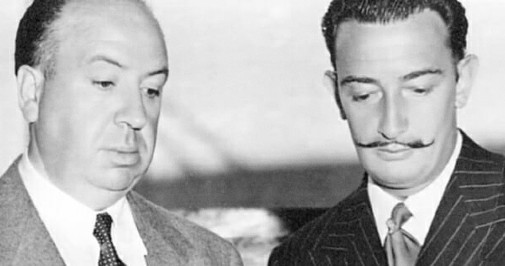The actress Cara Seymour is guest blogging for the day! Please enjoy. - Editor
The following is an interview with director Mary Harron with whom I've had the great honor of working with twice in American Psycho (2000) and The Notorious Bettie Page (2005). Mary has more guts than anybody I have ever worked with and she's a profound humanitarian. After I did the threesome scene in American Psycho she sent me a bouquet of flowers because she knew just how scary that was to do.
I sent her a few questions and she sent me back these fabulous answers...
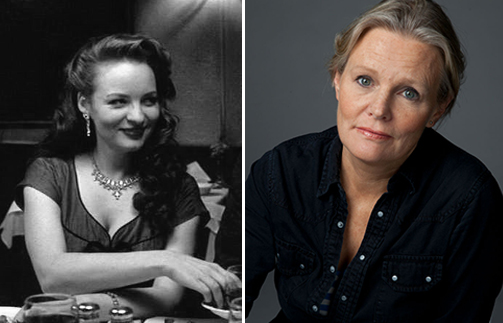 Myself in The Notorious Bettie Page (2006) and Director Mary Harron
Myself in The Notorious Bettie Page (2006) and Director Mary Harron
CARA SEYMOUR: Is there a film you return to as a source of inspiration?
MARY HARRON: I go back repeatedly to the films I saw when I was a child and teenager. Luckily my parents took us to a ton of art house films and old movies with no regard for whether they were suitable for children or not. I saw 8 1/2 when I was ten, and my sister remembers my mother arguing with a movie theater over the phone because they wouldn't let her take us to see Last Year at Marienbad. I think we were 9 and 11 at the time.
Rosemary's Baby and Discreet Charm of the Bourgeoise are two films I go back to. Night of the Hunter is a special favorite. Kind Hearts and Coronets. Anything by Howard Hawks and Sam Fuller and Fritz Lang. Drugstore Cowboy and Blue Velvet had a big effect on me when they came out because they showed me you could tell a really different kind of story in American film. But what I look at for inspiration really depends on what I'm working on at the time.
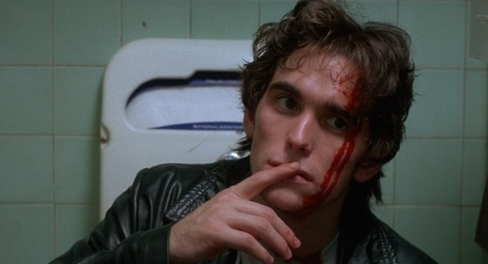
CARA: Are there any movies you've rediscovered, that you're loving right now?
MARY: The Bill Douglas Trilogy.(My Childhood, My Ain Folk, My Way Home) I saw My Childhood when I was 18 in a church hall in North London and it burned itself into my brain. It was one of the most intense film going experiences of my life. I saw the whole trilogy again a few months ago at Light Industry and it was just as amazing as I remembered. In these three films Bill Douglas recreated memories from his childhood with poetic clarity and such fierce accuracy that they seem more real than life itself. I guess they are a distillation of life. He used the same actors, filming his trilogy over seven years, taking his young hero from a child to a young man, Yes, this was forty years before Boyhood, and it saddens me that no critics mentioned that Bill Douglas did it first. As did Satyajit Ray in the Apu trilogy - I just saw the first film in the series, Pather Panchali at Film Forum in a gorgeous restoration.
CARA: How do you feel about the lasting impact of American Psycho?
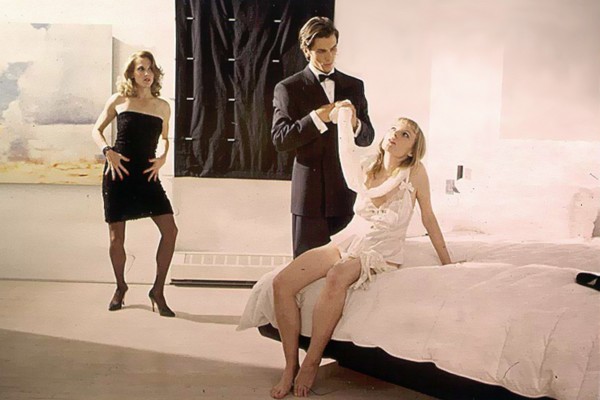
MARY: I'm kind of sick of it by now, but at the same time of course I'm grateful that it has had such an effect on people. When something hits the zeitgeist like that it is like winning the lottery. And it's curious because it took many years for it really to become a success. I don't think it made a single critic's top ten list when it was released and Christian didn't get any nominations in the US for his amazing performance. People didn't know what to make of it, so it had a kind of delayed reaction.
CARA: Would you make another dark satirical comedy?
MARY: I would love to but it's hard to find the right material. Good satire is rare as hens teeth. And I never get sent anything like that. I just get endless generic serial killer scripts, which really isn't what American Psycho was all about.
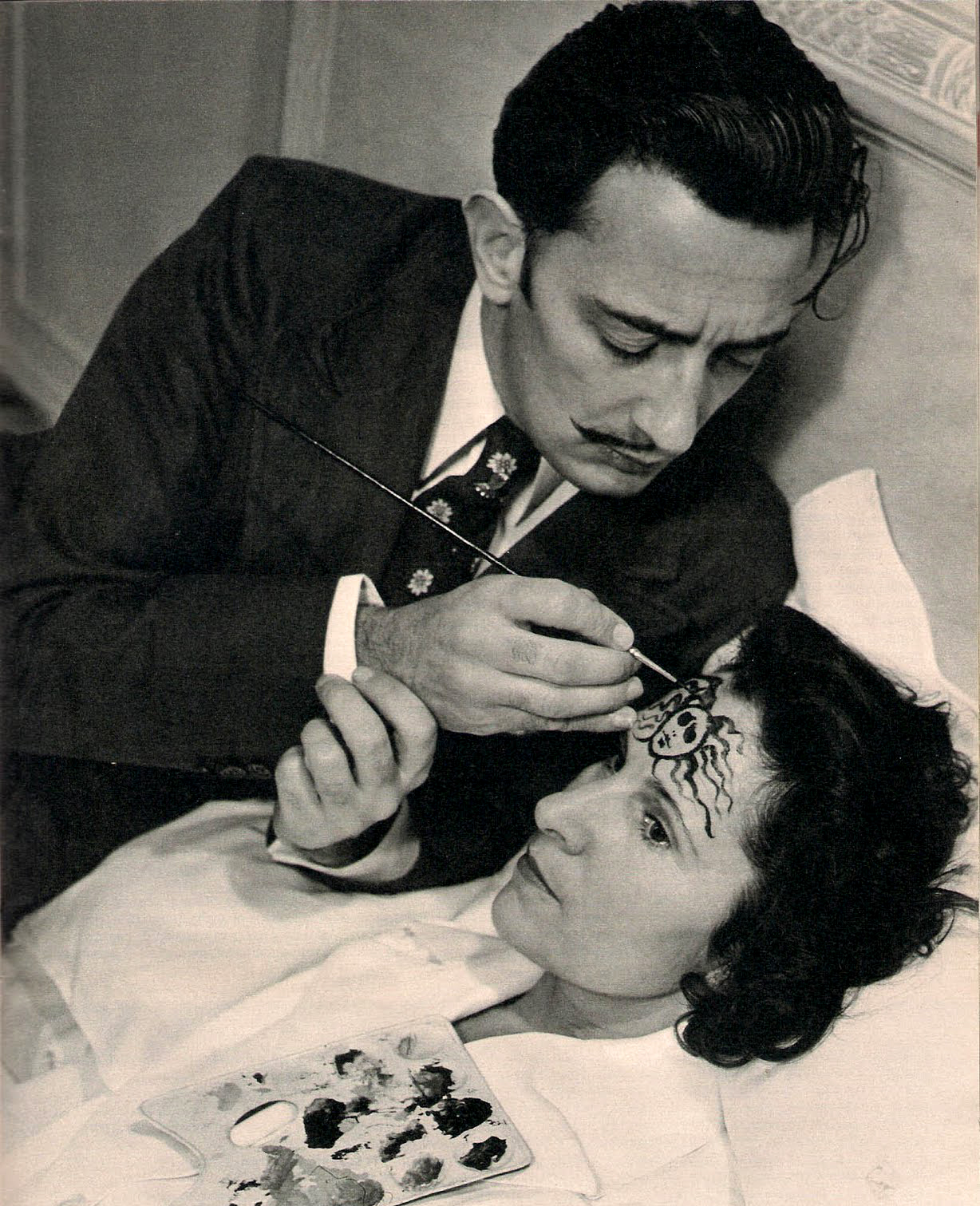 Salvador Dalí & GalaCARA: What are you doing next?
Salvador Dalí & GalaCARA: What are you doing next?
MARY: A film about the last years of Salvador Dalí and his wife Gala. That has some dark comedy in it. They are both so outrageous.
CARA: If there were no financial restraints what kind of dream project would you make?
MARY: I would have an infinite amount of money for production design, wardrobe and locations. I would shoot chronologically, and go back and reshoot anything I wanted!

 Tuesday, October 22, 2024 at 4:00PM
Tuesday, October 22, 2024 at 4:00PM 
 Daaaaaalí!,
Daaaaaalí!,  Film Review,
Film Review,  French cinema,
French cinema,  Quentin Dupieux,
Quentin Dupieux,  Reviews,
Reviews,  Salvador Dali,
Salvador Dali,  comedy,
comedy,  streaming
streaming 


